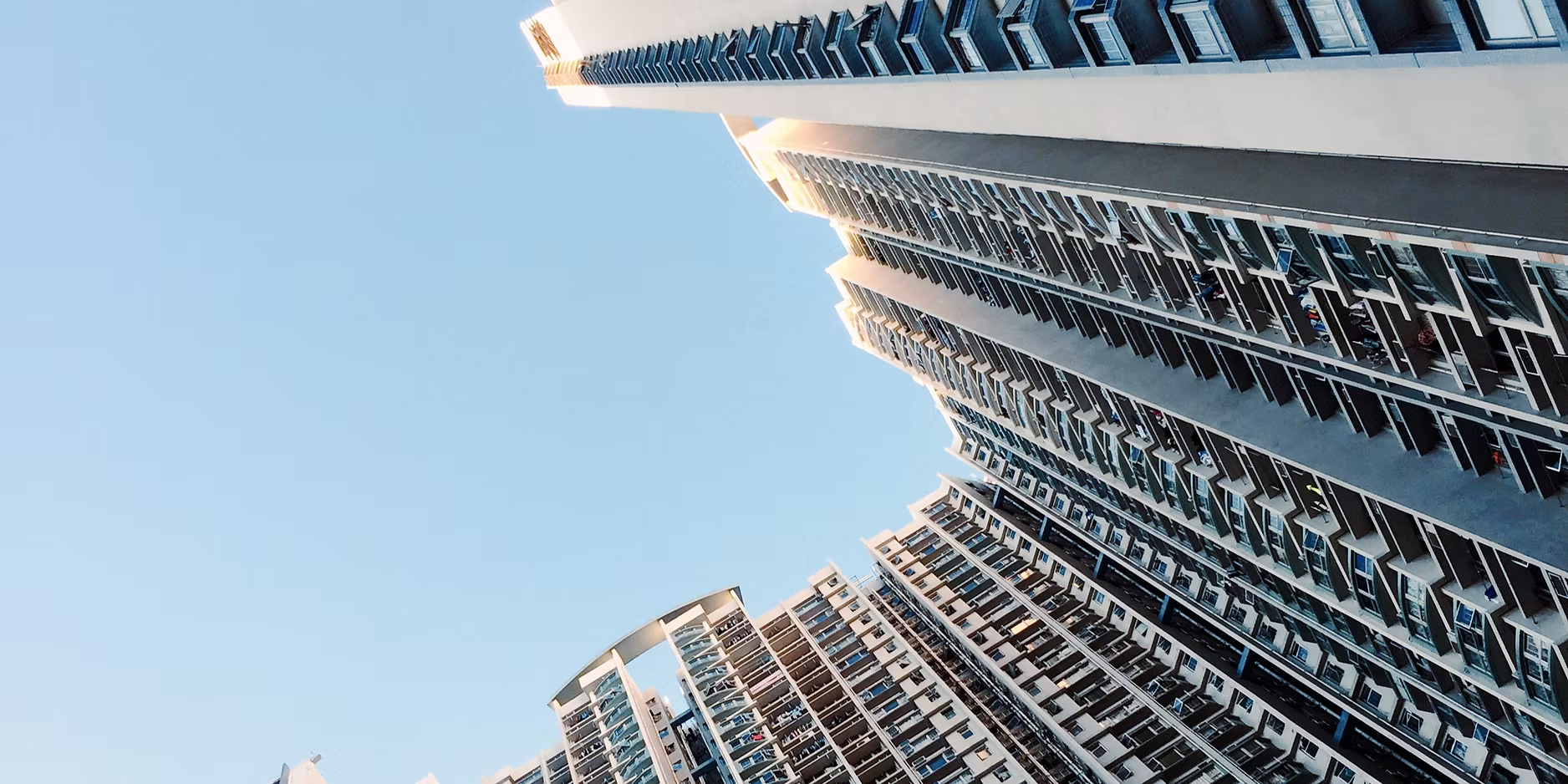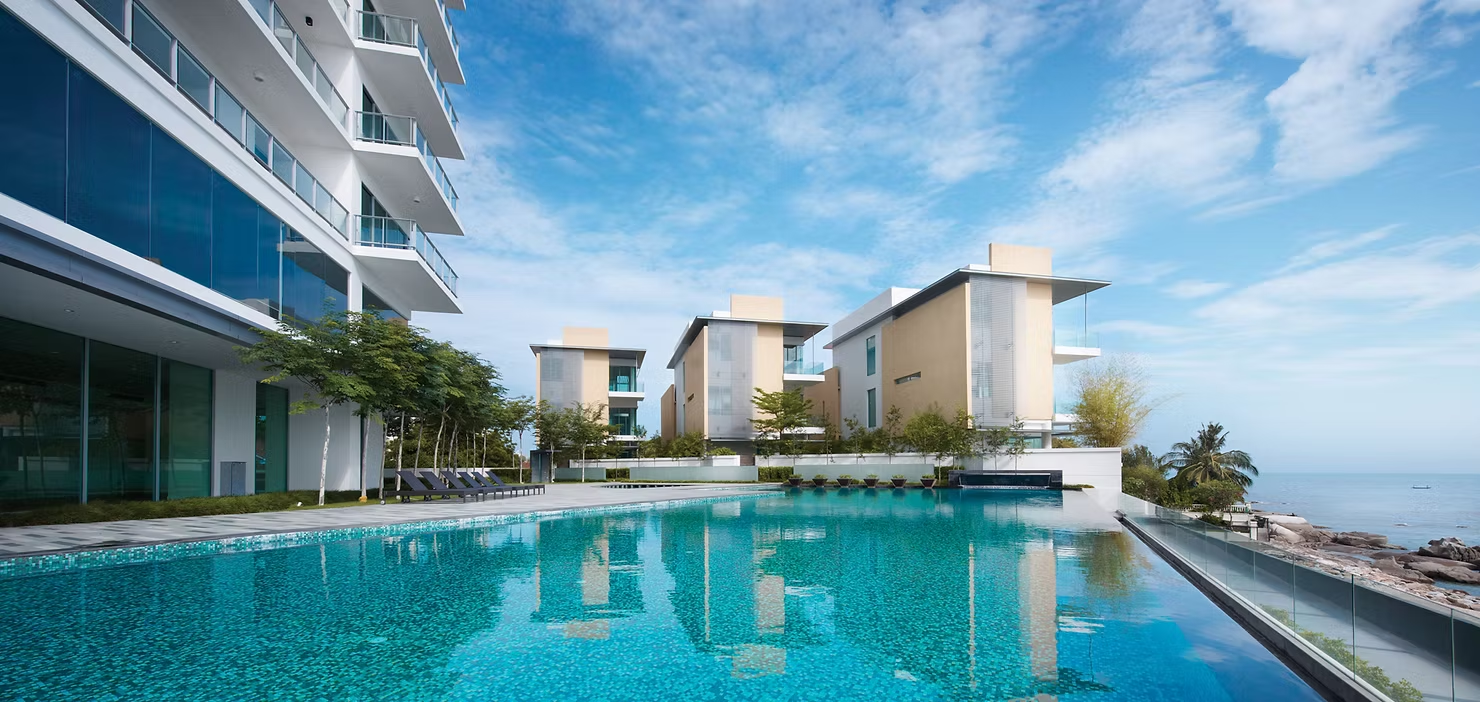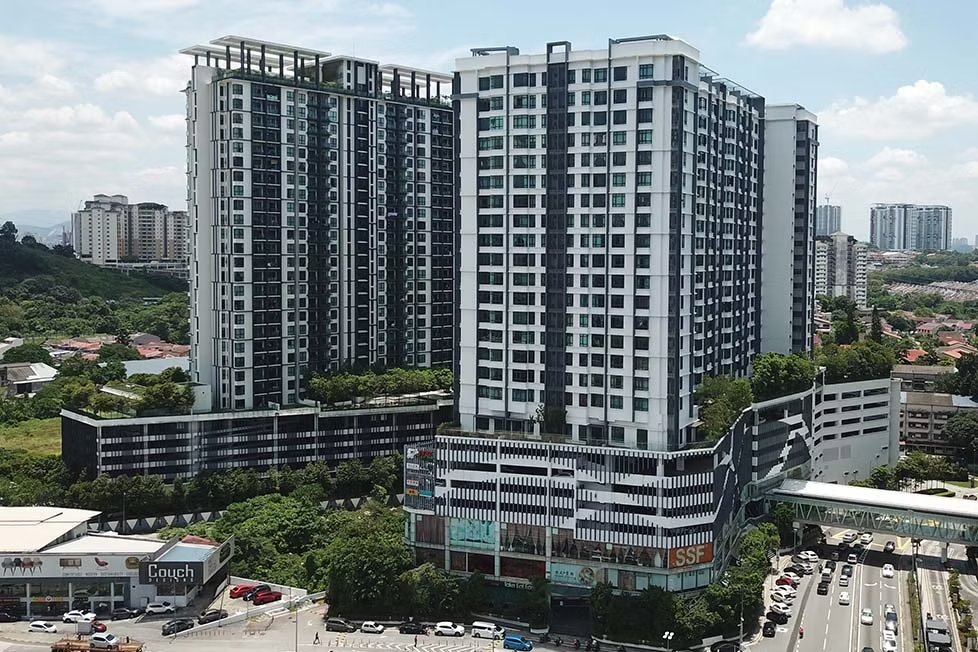The Malaysian government has recently reaffirmed its commitment to implementing mandatory Employees Provident Fund (EPF) contributions for foreign wor...
Strata Property Fees: Can Your Management Corporation Charge Different Rates?

Strata property management often sparks heated debates, particularly regarding maintenance fees. Many property owners assume that all units within a development should be charged equally. However, Malaysian law provides some flexibility under certain circumstances.
Two significant court cases—Yong Kein Sin & Anor v. Perbadanan Pengurusan Springtide Residences and Pearl Suria Management Corporation v. Yii Sing Chiu & 2 Ors—shed light on whether a Management Corporation (MC) can impose different maintenance rates within a residential component. The Court of Appeal’s rulings confirm that MCs have the authority to set variable fees, provided they follow legal and procedural requirements.
Understanding the Legal Framework: Section 60(3)(b) of the Strata Management Act 2013 (SMA 2013)
Under Malaysian strata law, Section 60(3)(b) of the SMA 2013 allows MCs to impose different maintenance charges for parcels serving significantly different purposes. This provision ensures fairness—units that consume more resources or require additional services should contribute proportionally.
However, transparency and accountability are crucial. Any differential fees must be approved through an Annual General Meeting (AGM) to prevent arbitrary impositions.

Case 1: Yong Kein Sin & Anor v. Perbadanan Pengurusan Springtide Residences (2023)
Background
The plaintiffs, villa owners in Springtide Residences, challenged the MC’s decision to charge them a different maintenance rate than apartment owners. Their arguments:- The differential rates were illegal under the SMA 2013.
- They demanded a uniform rate of RM3.567 per unit for all residential parcels.
- They sought recovery of charges dating back to 2009.
High Court Ruling
The High Court ruled in favor of the MC, dismissing the plaintiffs’ claims. Key takeaways:1. MCs have the authority to impose different rates under Section 60(3)(b) of SMA 2013 if the units serve significantly different purposes.
2. Interpretation of ‘significantly different purposes’ should be decided at an AGM, not imposed arbitrarily.
3. Differential rates can apply within residential developments, not just between commercial and residential units.
4. Villa owners should not bear costs for facilities they do not use, such as shared apartment amenities.
This case reaffirmed the MC’s right to set differential rates as long as proper procedures are followed.

Case 2: Pearl Suria Management Corporation v. Yii Sing Chiu & 2 Ors & Aikbee Timbers Sdn Bhd & Anor v. Yii Sing Chiu & Anor
Background
This case involved maintenance charges imposed by both the developer and MC. Initially, the High Court ruled in favor of property owners, declaring the differential charges null and void. Key issues:- The developer imposed different rates during the preliminary management period.
- The MC continued this practice after taking over management.
- The High Court ordered a uniform rate of RM2.22 and RM0.30 per share unit.
- The MC was instructed to convene an Extraordinary General Meeting (EGM) to determine a fair rate.
Court of Appeal Ruling
The Court of Appeal overturned the High Court’s decision, ruling in favor of the MC. Key findings:1. MCs can impose different maintenance charges under Section 60(3)(b) of SMA 2013 if justified by ‘significantly different purposes.’
2. Differentiation is not limited to commercial vs. residential uses; it can also apply within residential components.
3. AGM approval is required to ensure fairness and compliance.
4. Charges must reflect actual costs and expenses, preventing arbitrary pricing.
The decision reinforced that as long as MCs justify differential rates and secure AGM approval, they have the legal right to impose variable fees.
Financial and Practical Considerations for MCs
When determining maintenance charges, MCs must consider financial and legal implications to prevent disputes. Here are four essential principles:1. Cost Allocation Based on Usage
Units should pay based on their resource consumption. For example:- Villas with private driveways and pools should not pay the same rate as apartments that rely on shared lifts, security, and communal facilities.
- Penthouse units that use more water, electricity, and security features may justify a higher fee.
2. Budget Transparency
MCs must provide clear, detailed budgets linking maintenance costs to different parcel types. This justifies differential rates and prevents legal disputes.3. AGM Approval & Owner Communication
Even if differential charges are legally permitted, MCs must:- Consult property owners before imposing changes.
- Fully disclose cost allocations at the AGM.
- Minimize disputes by ensuring transparency and fairness.
4. Legal Compliance
To avoid legal challenges, MCs must:- Ensure all differential rates comply with Section 60(3)(b) of SMA 2013.
- Avoid arbitrary or excessive pricing.
- Record decisions in AGM minutes to prevent procedural disputes.
Key Takeaways for Property Owners and MCs
✅ MCs can legally impose different rates, but the differentiation must be based on significantly different purposes.
✅ AGM approval is mandatory for compliance and fairness.
✅ Property owners must be informed about why they are paying different fees.
✅ Court rulings support MCs’ authority, but they must act responsibly.
Conclusion: Striking a Balance Between Fairness and Legal Compliance
The rulings in these cases highlight a crucial balance—MCs have the power to set differential rates, but they must do so responsibly. Proper financial planning, legal compliance, and AGM approval ensure that any variations in charges are fair, transparent, and enforceable.For property owners, these cases emphasize the importance of participating in AGMs and understanding how maintenance charges are structured. If you’re facing a dispute over differential charges, consider seeking legal and financial advice to navigate the complexities of strata management law effectively.
Need Further Clarification?
If you need expert advice on strata property management, legal compliance, or financial planning for MCs, feel free to consult with a professional today!Recent Posts
All PostsManaging the finances of a Joint Management Body (JMB) or a Management Corporation (MC) can be a challenging task. Among the many responsibilities is...
In Malaysia, strata properties are governed by the Strata Management Act 2013 (Act 757), which includes specific guidelines on financial reporting. An...


